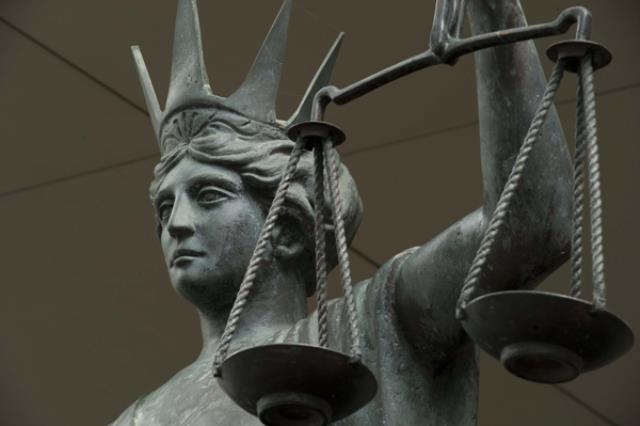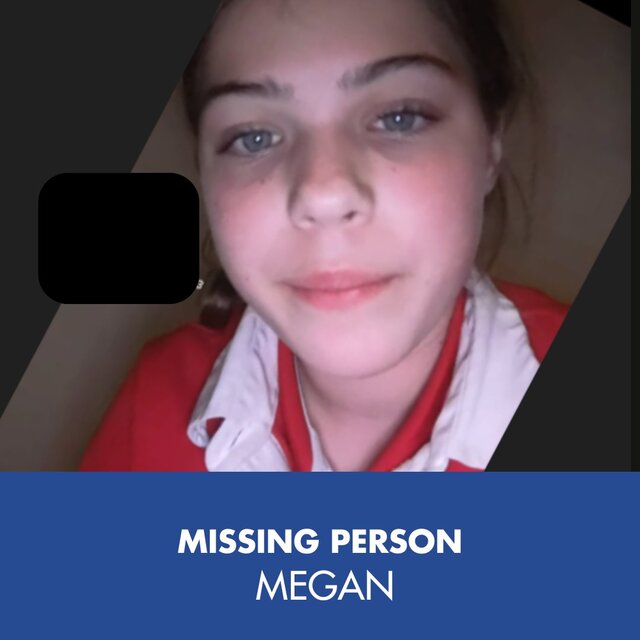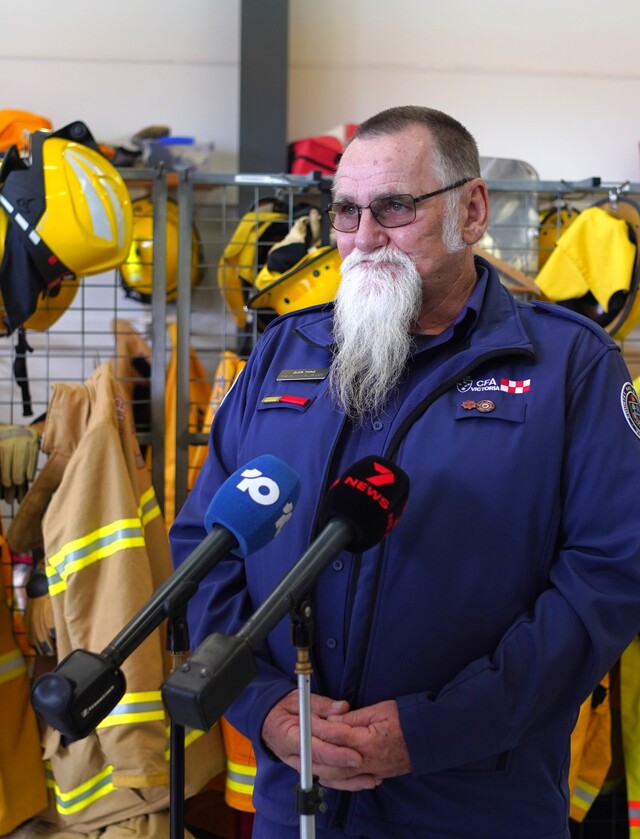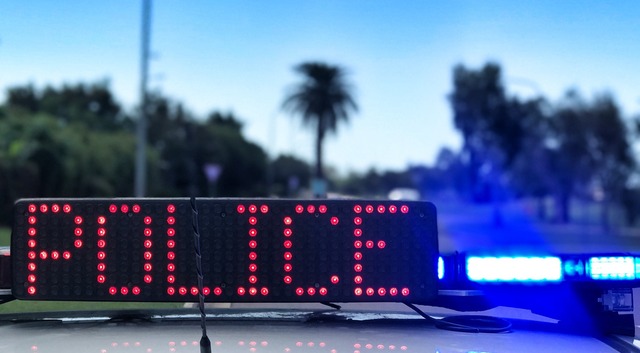A report from the Coroners Court of Victoria has revealed the heartbreaking circumstances surrounding the death of 47-year-old Jay Joseph Harrison.
At the time of his passing, Mr Harrison had been living homeless on the streets of Boronia.
He died in a hotel room in Malvern East on 23 November 2023, from combined drug toxicity, including heroin, amphetamines, and prescribed medications.
His life was marked by homelessness and a long battle with mental health and substance abuse.
Mr Harrison was born on 25 August 1976 and had once led a life that many would have envied, he was a father to three children and worked various jobs, including stints in factories and running a small business, but life took a difficult turn after he and his wife separated in 2014.
His struggles with mental health, including schizophrenia, spiralled as he faced mounting financial pressures and a growing dependence on drugs, his family watched helplessly as he deteriorated, eventually becoming homeless in 2021.
The 47-year-old had always had a rocky relationship with his mental health, and over the years, his conditions led to encounters with the police and multiple hospitalisations, and despite the support from mental health services, his battle was long and exhausting.
He often refused treatment, becoming combative or withdrawing from the help offered.
His brother, Grant, recalled how Mr Jay Harrison’s life slowly unravelled.
“From his early 30s, Jay went from having a good job, a wife with three children, a house and a mortgage, to being homeless. I ended up cutting ties with Jay at this time…the last time I saw him was about four months before his death,” the statement read.
On the afternoon of 21 November 2023, Mr Harrison checked into the Evancourt Motel in Malvern East, the next day, CCTV footage captured him leaving his room and returning alone a few hours later.
There was nothing remarkable in his movements, and no one could have known that this would be the last time he would be seen alive, and when he failed to check out of his room on the morning of 23 November, the hotel owner, Michael Mai, became concerned.
After knocking on his door and receiving no answer, Mr Mai forced the door open to find Mr Harrison, unconscious and naked, slumped against it.
Despite the best efforts of emergency services, Mr Harrison had already passed away.
The toxicology report confirmed the presence of heroin, amphetamines, and prescribed antipsychotic drugs in his system.
Mr Harrison had injected drugs, likely in the hours before his death, which contributed to his tragic outcome.
His mental health was further complicated by a history of refusing medication, making it even harder for the services around him to offer the support he needed.
Mr Harrison’s death paints a sobering picture of the vicious cycle of homelessness, mental illness, and substance abuse.
The system that tried to support him was stretched thin, and his personal struggles often stood in the way of effective help.
In a call made just six days before his death, Mr Harrison told his outreach worker that he was homeless and sleeping on the streets of St Kilda.
He described his mental state as “okay,” with no immediate concerns.
This call, while hopeful, was also an indication of how easy it can be for someone like Mr Harrison to slip through the cracks, unable to fully engage with the help that was available to him.
The impact of homelessness on a person’s mental and physical health cannot be overstated.
For Mr Harrison, it was a relentless battle that eroded his family life, his health, and eventually, his life itself.
His brother described a scene that many in the community could relate to.
“He chose to sleep rough outside the Boronia Library, which is only 30 metres away from where my office was,” the statement read.
The pain of seeing a loved one reduced to living on the streets, so close yet so far, is unimaginable.
The Coroner’s report makes it clear Mr Harrison’s death was the tragic result of a combination of drug use, mental illness, and homelessness, however, it also raises important questions about how we as a society can do better for people like him, people who, through no fault of their own, find themselves in situations where they are unable to get the help they need.
The Coroner highlighted that homelessness is not just a personal failing, but a broader social issue that requires systemic change and Mr Harrison’s case, though heart-breaking, is not unique.
The recommendations made in the Coroner’s findings urge both state and federal governments to review income support rates and address the ongoing housing crisis in Victoria.
The Coroner pointed to the failure of housing support services in the state, with many people unable to access stable accommodation despite their urgent need.
It’s clear that homelessness is both a cause and a consequence of deep social dysfunction, and the need for comprehensive solutions has never been more pressing.
Mr Harrison’s story is not just a tale of a man who lost his way, but a reflection of a system that, despite its best efforts, was unable to prevent the inevitable.
For his family, his death is a profound loss, but it also highlights the need for a society that better supports its most vulnerable.
And the hope is that, in his memory, the conversation around homelessness, mental illness, and addiction will continue and lead to meaningful change – a change that could prevent another life from being lost the way Mr Harrison’s was.
The Coroner’s findings offer a chance for reflection and action, and as Mr Harrison’s family continues to mourn, they hope his story will prompt those in power to act before it’s too late for others like him.






